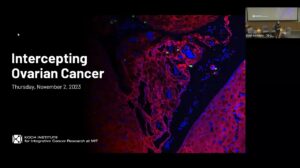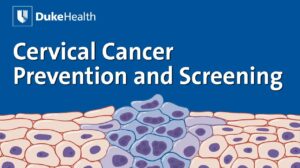NEW YORK (Reuters Health) – A selective with antiprogestin effects, CDB-2914, reduces uterine fibroid size and bleeding, and improves quality of life in affected women, according to a report published online November 5 in Fertility & Sterility.
CDB-2914, a.k.a. ulipristal acetate, “binds to human progestin, glucocorticoid, and androgen, but not estrogen or mineralocorticoid receptors,” the authors explain in the introduction to their report.
Dr. Lynnette K. Nieman, with the National Institute of Child Health and Human Development in Bethesda, Maryland, and colleagues previously showed that treatment with CDB-2914 decreased fibroid volume, and the current study extends those findings,
Initially, 42 participants were randomized to receive oral CDB-2914 daily at a dose of 10 or 20 mg or placebo for 3 months. In an extension to that study, women who did not then opt for hysterectomy or myomectomy were offered a second 3 months of treatment.
During the first treatment phase, total fibroid volume by MRI increased by 7% in the placebo group, but decreased by 17% in those given 10 mg/d CDB-2914 and by 24% in women on 20 mg/d.
Eight women had MRI data at 6 months; in this group total fibroid volume decreased by 21% in the first treatment period and by 11% more in the second.
Amenorrhea occurred in 20 of 26 women taking CDB-2914 but in none of those given placebo. Also, CDB-2914 suppressed ovulation but it resumed when the medication was discontinued.
Compared with those given placebo, women who received CDB-2914 had significant improvements in Uterine Fibroid Symptom (UFS) scores for symptom severity, quality-of-life, and bleeding, and on the subscales measuring concern, activities, and energy/mood.
As for safety, there was no statistical difference between the three treatment arms in terms of adverse events when data from the earlier and current 3-month studies were combined, according to the report.
“In conclusion,” Dr. Nieman and colleagues write, “CDB-2914 represents a new approach to symptomatic uterine fibroids. It shrinks total fibroid burden, improves quality of life, and anemia, and does not provoke bone loss or hot flashes. The CDB(-2914)-associated anovulation is reversible, suggesting that it may be useful in women wishing to preserve fertility.”
Fertil Steril 2010.




